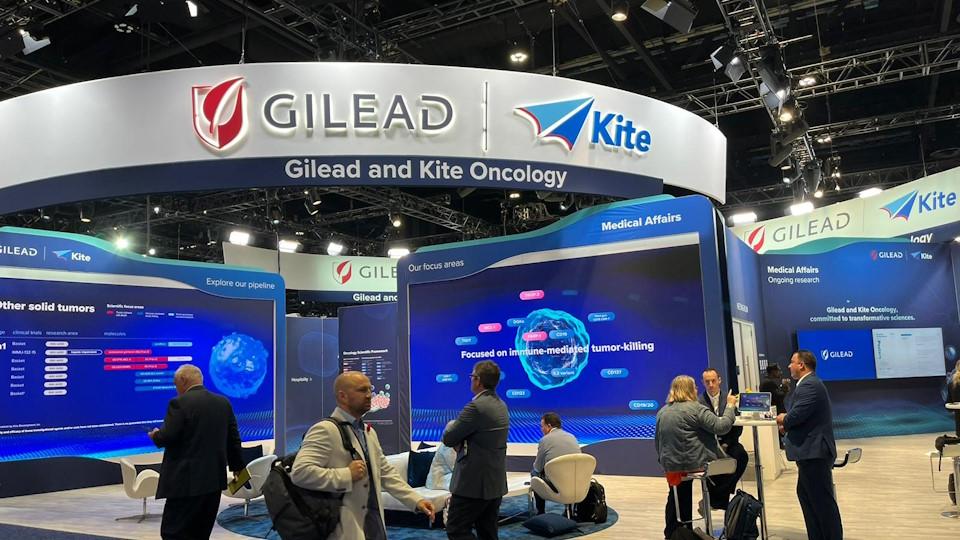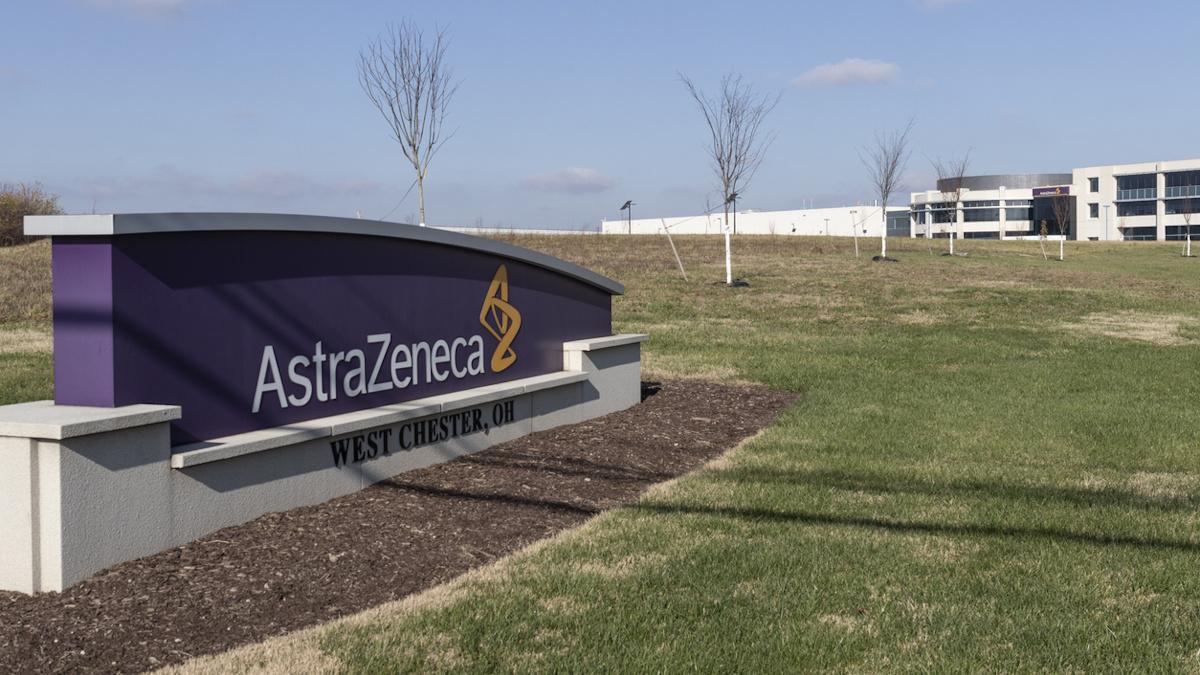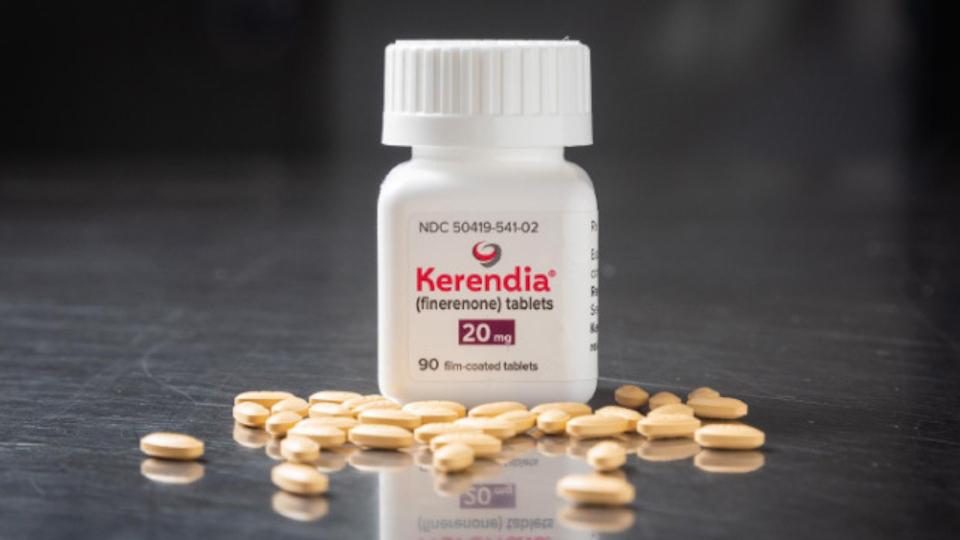ASCO 25: Gilead eyes first-line use of Trodelvy in TNBC

Gilead Sciences' TROP2-targeting drug Trodelvy is already used as a third-line treatment for PD-L1-positive triple-negative breast cancer (TNBC), but could be heading for use in previously untreated patients.
That is thanks to new data from the ASCENT-04 trial, which showed a significant increase in progression-free survival (PFS) as a two-drug regimen with MSD's PD-1 inhibitor Keytruda (pembrolizumab) when compared to Keytruda plus chemotherapy, currently the standard front-line treatment.
The PFS improvement, which is accompanied by a trend towards improved overall survival (OS), could inject a new lease of life into Trodelvy (sacituzumab govitecan) after a string of disappointing trial results in non-small cell lung cancer (NSCLC) and bladder cancer that have pegged back peak sales expectations for a drug that was at the heart of Gilead's $21 billion acquisition of Immunomedics in 2020.
Trodelvy was tipped to become a $4 billion-plus product at that time, but while it has still reached blockbuster status with 2024 sales of $1.3 billion, its chances of meeting that lofty target are much diminished.
The results, which were previewed by Gilead last month, showed that patients treated with Trodelvy plus Keytruda had a PFS of 11.2 months after a median follow-up of 14 months, compared to 7.8 months for Keytruda plus chemo – a 35% improvement. The median duration of response was 16.5 months and 9.2 months, respectively.
ASCO breast cancer expert Jane Lowe Meisel of Emory University School of Medicine suggested that the data mean Trodelvy/Keytruda "will likely become a new front-line standard of care in this setting," building on Trodelvy's role as a monotherapy later in treatment, although Gilead has not yet revealed its filing plans.
The results also mean that Gilead could keep Trodelvy's nose in front of rival TROP-2-targeting drug Datroway (datopotamab deruxtecan) from AstraZeneca and Daiichi Sankyo. Datroway was recently approved for metastatic HR-positive, HER2-negative breast cancer, becoming the first direct competitor to Trodelvy since Gilead's drug was approved for that indication in 2023.
AZ and Daiichi Sankyo are running trials of Datroway in combination with AZ's PD-L1 inhibitor Imfinzi (durvalumab) in TNBC, including TROPION-Breast04, a study looking at adjuvant therapy, and TROPION-Breast05, which is recruiting a similar first-line, PD-L1-positive patient population as ASCENT-04.
There's another potential competitor on the way as well, as MSD is running late-stage trials of its sacituzumab tirumotecan candidate, licensed from Kelun, which is the subject of several presentations at ASCO including one on phase 2 data in first-line TNBC. The drug is approved in China and also in an international phase 3 trial comparing the drug to chemo in previously untreated, PD-L1-negative patients.
According to ASCENT-04 lead investigator Sara Tolaney of the Dana-Farber Cancer Institute in Boston, many patients with TNBC do not receive treatment beyond the first-line setting "for various reasons, including a decline in their health or death, demonstrating an unmet need for first-line treatment options."
About 10% of breast cancers in the US are triple-negative, and are generally more difficult to treat than other subtypes because they do not have many of the most common biomarkers that can be used to guide treatment. TNBC tumours are often larger, and the disease has high rates of disease recurrence at distant sites. About 40% of TNBC tumours express PD-L1.













